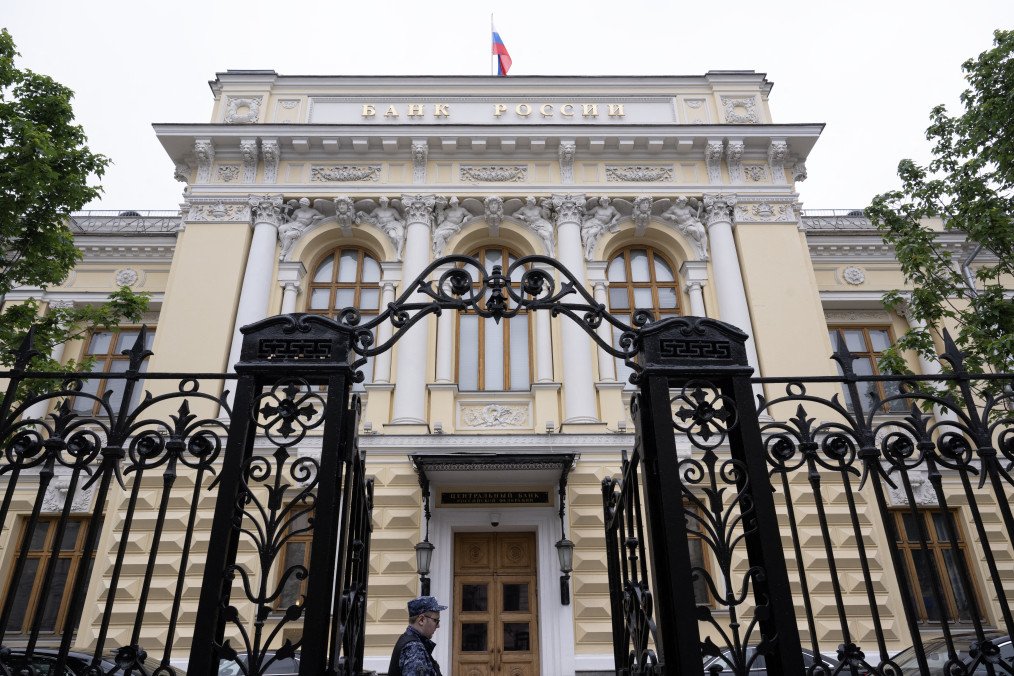The Central Bank of Russia raised its key interest rate by 200 basis points to 21%, marking the highest level since the early years of Vladimir Putin’s rule when Russia was recovering from the collapse of the Soviet Union.
According to Reuters, this move, driven by a surge in government spending, particularly on military needs, pushed the rate above the level seen during market panic at the start of Russia’s full-scale invasion of Ukraine in February 2022.
The central bank stated that the rate hike is necessary to combat inflation, currently at 8.4%, and added that public inflation expectations have reached their highest level since the start of the year.
“Further tightening of monetary policy will be required to bring inflation back to target levels and reduce inflationary expectations,” the regulator said in a statement.
Russia, which recently hosted the BRICS summit, now holds the highest key interest rate among major BRICS countries, which also include China, India, Brazil, and South Africa.
The regulator also said that another rate hike could be possible at its next policy meeting and updated its inflation forecast for 2025 to 4.5–5.0%, signaling that its 4% target may not be achievable next year.
“The central bank has admitted it won’t be able to bring inflation back to target next year,” said economist Yevgeny Kogan, calling the move a “capitulation in the face of inflation.”
Economists also noted that the regulator’s forecast for the average key rate in 2024 leaves room for further increases up to 23% by year-end. Central bank head Elvira Nabiullina said at a press conference that “there are no limits for the key rate level.”
Most analysts polled by Reuters expected a 100 basis point increase. The central bank said it took into account a new draft budget, which is viewed as inflationary due to a 1.7% GDP deficit this year and significant increases in utility tariffs.
The new key rate is the highest since its introduction in 2013, replacing the refinancing rate as the main benchmark for the market.
Soon after Putin took office in 2000, he began economic reforms to stabilize Russia’s economy following the 1998 financial crisis, allowing the central bank to lower the refinancing rate below 20% in February 2003 and maintain it below this level ever since.
The current weakness of the Russian currency, with the official exchange rate against the US dollar down by over 12% since early August, is also seen by analysts as a strong inflationary factor.





-111f0e5095e02c02446ffed57bfb0ab1.jpeg)

-c439b7bd9030ecf9d5a4287dc361ba31.jpg)

